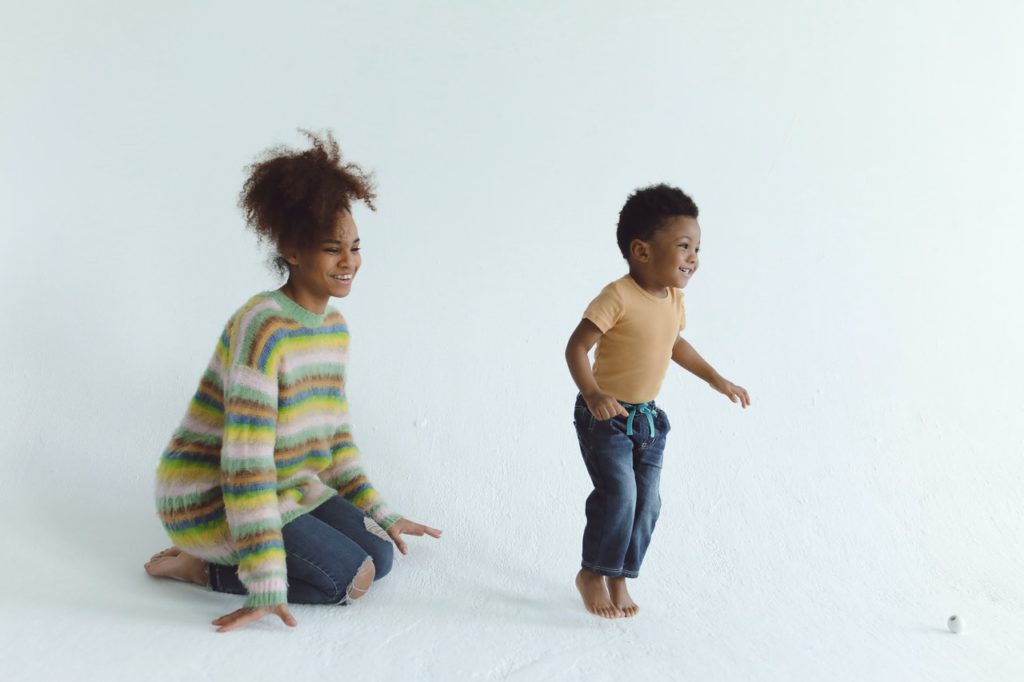General Information
Healthy Sleep Habits Happy Child

All parents want their child to be “happy”. They can go to great length to purchase toys and equipment, to take the child to places, to avoid situations that might create unhappy feelings – anything to make the child feel “happy”.However healthy sleep habits happy child too
Is your child happy? What makes us and our children happy? Aristotle wrote “Happiness is the end of action”. You might have experienced the joy and happiness after completing a challenge successfully.
You might have finished a marathon, completed a challenging assignment, sewed a beautiful garment, or created a colourful flowerbed. Once the task is completed and you look at the anticipated end-result, you feel happy, satisfied and content.
Children all run into challenges, but some children find it harder to overcome, to address and to meet these challenges with a successful outcome. Failure to meet the expectations of any task creates feelings of frustration, anxiety and unhappiness.
Many children seen in the paediatric occupational therapist’s rooms are well developed with excellent skills in some areas of life, e.g. sport. However, the same child who is excelling in sport might fail to follow instructions in class, might have issues with spelling and handwriting.
These areas of slower development are noted by the child – often long before adults perceive preferences as problem areas.
The active 5 year old boy with excellent ball skills might avoid colouring in and sitting at a table. Adults will often perceive this as normal behaviour for a young boy.
However, avoidance of activities also means that these skills are not practised and do not develop and improve in the same way as the skills of peers. Thus, at age 7 years, this boy is performing well in soccer, but he is falling behind in handwriting and spelling.
The fact that he has excellent sport skills does not “make up” for the fact that he feels frustrated, dumb and a failure when he is in the classroom writing words and sentences.
This frustration often creates anxiousness and unhappiness. The boy might lash out, have temper outbursts or emotional meltdowns which seem to be “out of character”.
Once the problems are identified, in this case posture – surprisingly many children with good sport skills at a young age also find it difficult to sit still for periods of time because of lower muscle tone, core strength and integration of reflexes.
Sequencing, fine motor skills and visual perceptual also scored below the expectations for his age. Over 20 therapy sessions with homework and support from his parents, this boy can now keep up with the class and his performance is above the average of his class in all areas.
How has his behaviour changed? Surprisingly, no anxiety, no temper tantrums, no lashing out, but excellent social behaviour was observed. Also, most rewardingly, his facial expression changed from a frustrated little frown to a relaxed face with a smile, shiny eyes and obvious happiness.
He meets his challenges successfully every day. Only this can create ongoing happiness.
The same strategy used in therapy is available in the CoordiKids Courses. Do not keep your child from achieving success, from meeting challenges and from performing according to their potential. You can start today in the comfort of your own home.